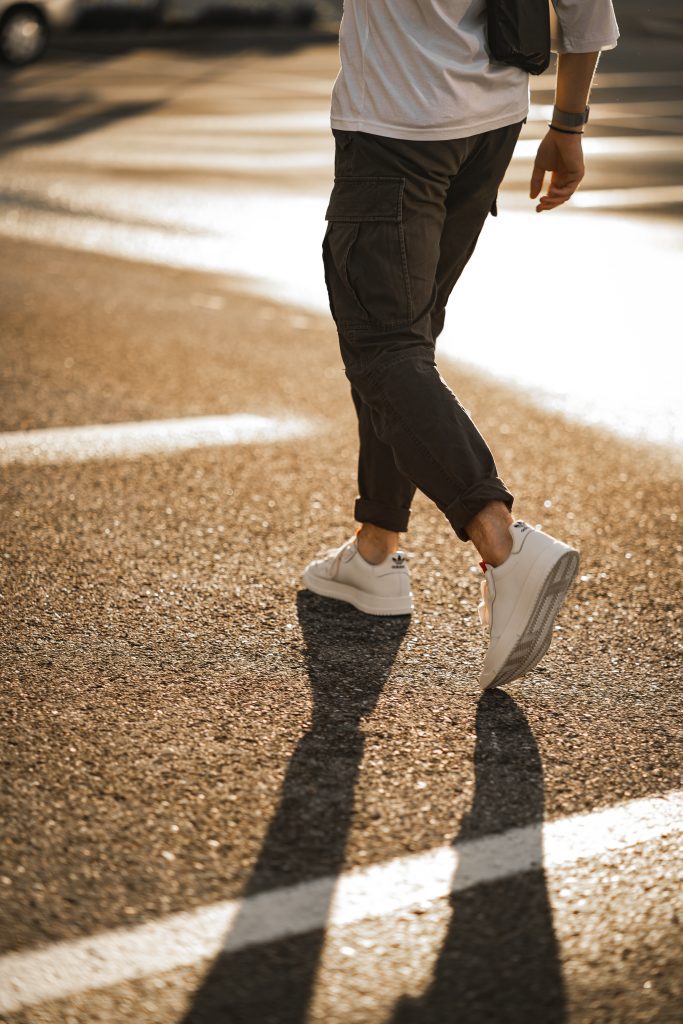How Walking Helps Drastically Slow Down Aging
The term “biological age” refers to the general level of wear and tear on the body’s cellular components. If you walk faster than an amble for the rest of your life, you may be 16 years younger in terms of your cells by the time you reach middle age.
Researchers propose that walking, which needs no training or special equipment, might be used more often in therapies to improve health when suitable.

Studies have demonstrated that walking has positive effects on heart health, stress, mood, and weight loss. However, increasing your walking pace has been shown to help you live longer. Recent research suggests that a slower walking pace may signify a shorter lifetime and raise the risk of aging early.
The pace at which an individual walks is also impacted by a great number of other factors, including their lung capacity, level of motor coordination, mental health, and level of enthusiasm. Doctors and other medical professionals may use it as a stand-in for the patient’s overall health.
The researchers compared the self-reported activity levels of the individuals with the activity levels measured by fitness monitoring devices while the subjects were walking. This degree of intensity is necessary; it would seem that a stroll at a more leisurely pace does not have the same benefits.

Regardless of your pace, exercise is beneficial to your health and life. While fast walking offers the most health advantages, even moderate walking exercise is better than doing nothing at all. After all, you aren’t just strolling about in an attempt to earn an Olympic berth in the sport of walking. If you want to live a long and healthy life, the greatest thing you can do is to keep moving forward, one step at a time. Perhaps one day, you will be able to compete with the speed walkers if you stick at it.
